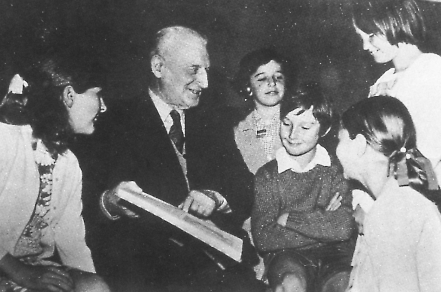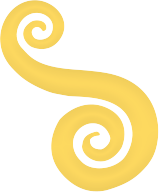In late 1951, with the school running smoothly Rewi felt he should step back. Following the publication of his first book Yo Banfa (We have a Way) the result of Shirley Barton’s encouragement and skilful editing, Rewi spent his early years in Beijing working with the China Peace Committee. Besides Chinese poem translations he also published 53 books. He attended and contributed to numerous international peace-related conferences and travelled extensively throughout China, writing about his experiences and beliefs. He summed up this time as “I have never lent myself to anything except the cause of the common people. ...To express the truth as is appeared to me... The function of a person like me is to make clear how the Chinese people are building a new order by taking advantage of the creative and productive power of their hundreds of millions.”
in 1960 Rewi visited New Zealand and was disturbed to find that his support of China made him suspect. He, however, made no apology for his stand and on his return to Beijing felt that by translating he could give the outside modern world an understanding of the great tradition of Chinese poetry. To this end Rewi published 13 books of translations which he added to publications of his own poems. He used poetry as a convenient method of recording daily events and reflections, describing people and places that aroused his keen interest. The 1960s were a stormy time in China and difficult for Rewi. At Zhou Enlai’s suggestion Rewi wrote about the good things there were in liberated modern China.
In a visit to New Zealand in 1971 Rewi noted the attitudinal change: neither he nor China were now regarded as a threat and he started to get the recognition he so richly deserved. He spent the next decade recording his visits to remote parts of China.




